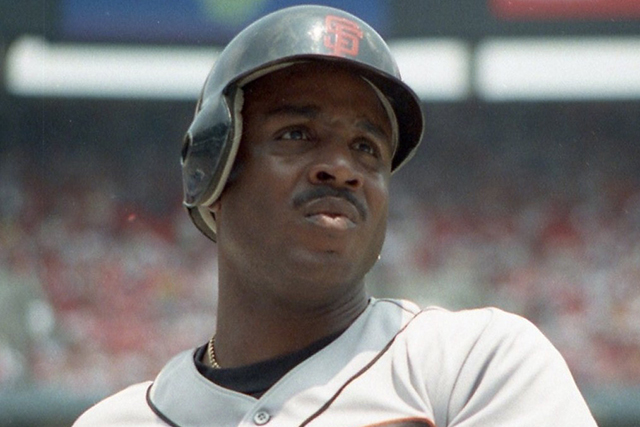
Photo courtesy of Jim Accordino, Wikipedia
It is interesting how professional athletes like Barry Bonds and Alex Rodriguez can quickly go from iconic sports idols to being despised by the public. They both committed acts which may jeopardize the integrity of the game dubbed “America’s pastime.”
Performance-enhancing drugs have contributed to the rise and fall of players all around baseball from the early 90s to the present day.
Players like Bonds, A-Rod and Roger Clemens, who all recorded Hall of Fame-worthy statistics, may have trouble actually making it into the Hall of Fame, as the public perception that they cheated to achieve their accomplishments affects voters’ decisions on who is voted in.
Take a look at José Canseco, who posted impressive statistics during his career and insisted adamantly that he never used steroids.
He later wrote a book, titled “Juiced: Wild Times, Rampant ‘Roids, Smash Hits & How Baseball Got Big,” in which he dropped the names of many other MLB players who also used steroids. The public was outraged and felt that his entire career was a farce.
The same thing happened to greats like Bonds, Rodriguez, Clemens, Pettitte and countless others.
However, as time went on and more and more players kept getting caught using performance-enhancing drugs, the hall of fame voters seemed to have lightened up on voting against PED users, which is receiving mixed feedback.
Tom Verducci of Sports Illustrated wrote, “As time passes, veteran writers prefer the path of least resistance, which is to just pretend it didn’t exist or lazily decide ‘everybody was doing it,’ the disgrace of the era.’”
While some argue that voting steroid users into the Hall of Fame is a “disgrace,” others like Hall of Fame voter Marcos Bretton would contend otherwise.
Bretton argues that there is too much shade cast over the “steroid era” to be able to truly distinguish “dirty” players from “clean” ones.
Bretton argues, “We don’t know how many players used steroids during the 1990s and early 2000s before baseball began testing players for PEDs.”
In addition, Bretton feels that PEDs do not necessarily make or break the player.
Bretton wrote, “I’ve voted for both (Bonds and Clemens) the past four years, not because I doubted they used performance-enhancing drugs. I believe they did, but I also believe Bonds and Clemens were all-time great players with or without PEDs.”
Bretton went on to argue that many players have been caught using PEDs, but never achieved a super-star level of play. “Neifi Perez, a former Giants infielder, was suspended for PEDs. Was he a superstar? How about Marlon Byrd, also a recent Giant? Or Edinson Volquez of the Reds?”
While Hall of Fame voters have begun to soften up their voting based on steroid use, there is still the question of whether or not players who have been caught using steroids should be able to regain a position in Major League Baseball.
For example, last year Barry Bonds was named a hitting coach for the Miami Marlins. This year, he is working as a special hitting coach during spring training for the San Francisco Giants.
Alex Rodriguez is also currently working as an assistant coach with the Yankees.
Ramapo baseball player, junior Austin Unglaub, expressed his disagreement with MLB teams choosing coaches who have been previously convicted of using illegal, performance-enhancing drugs.
“They shouldn’t be allowed to coach. They clearly knew what they were taking was against the league’s rules and that it would give them an unfair advantage. In my opinion, they can’t be trusted again and shouldn’t be trusted with a team if they lied about their entire career. They’re a bad influence.”
wbologna@ramapo.edu





